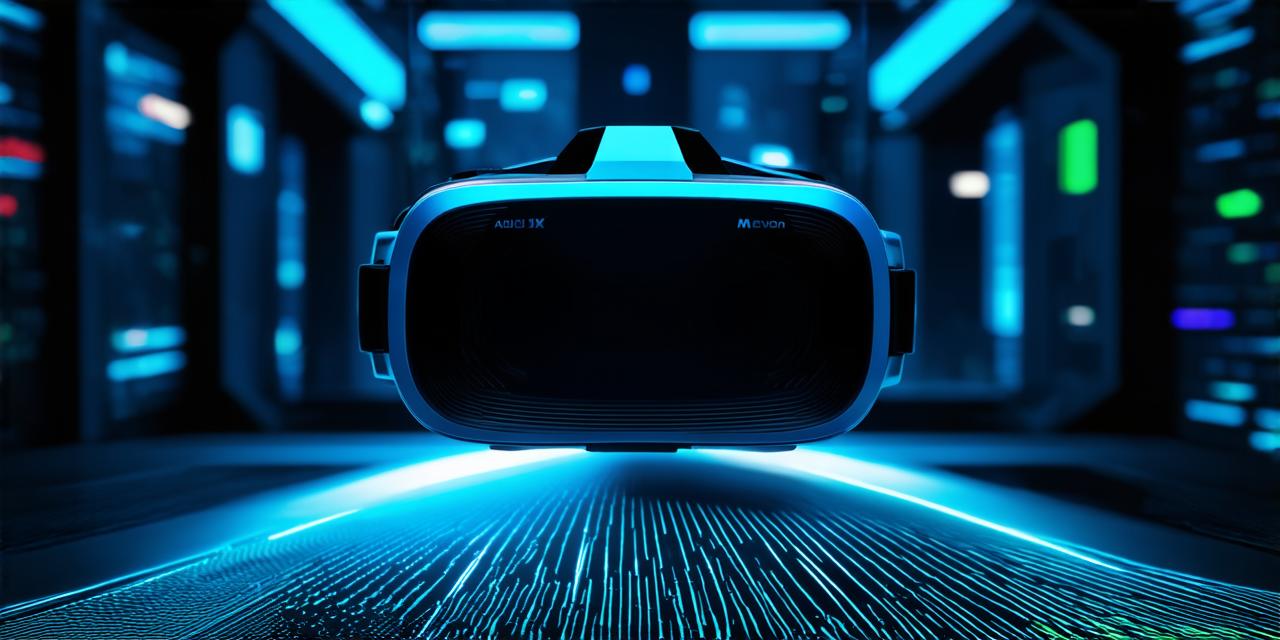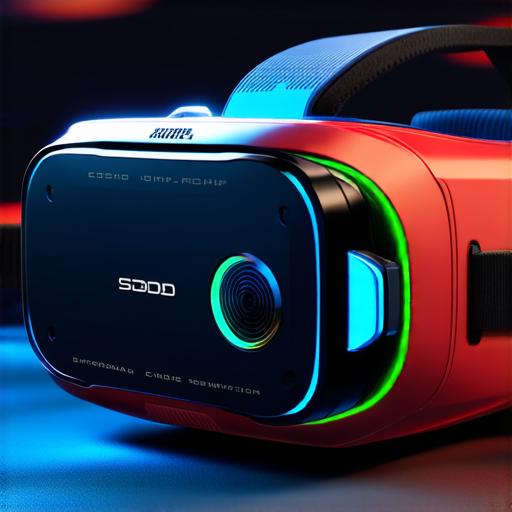
Why virtual reality is the future
Virtual reality (VR) technology has come a long way since its inception in the 1960s. Today, VR devices are becoming more affordable, accessible, and advanced, making them an increasingly popular choice for gaming and entertainment experiences.
Virtual Reality in Gaming
The gaming industry has always been at the forefront of technological advancements, and virtual reality is no exception. VR technology allows gamers to fully immerse themselves in a game, experiencing it as if they were actually there.
One example of this is the use of haptic feedback in VR gaming. Haptic feedback technology allows players to feel sensations in their body while playing a game, such as the vibration of a gun or the sensation of being hit by an object. This technology enhances the sense of immersion and realism, making VR games more enjoyable and engaging than traditional games.

Virtual Reality in Entertainment
Virtual reality is also transforming the entertainment industry, offering new and innovative ways to experience digital content. From movies and TV shows to live events and concerts, VR technology allows us to experience entertainment in a way that was previously impossible.
One example of this is the use of 360-degree videos in virtual reality. These videos allow users to look around and explore their surroundings as if they were physically present. This technology has the potential to revolutionize the way we experience movies and TV shows, allowing us to fully immerse ourselves in the story and feel like we are part of the action.
Virtual Reality in Education and Training
Virtual reality is also being used in education and training, offering new and innovative ways for people to learn and develop new skills. From medical training to military simulations, VR technology allows us to experience real-world scenarios in a safe and controlled environment.
One example of this is the use of virtual reality simulations in pilot training. These simulations allow pilots to practice flying in a realistic virtual environment, without risking their lives or damaging expensive equipment. This technology has the potential to revolutionize the way we train future generations of pilots and other professionals.
Virtual Reality in Business and Marketing
Virtual reality is also being used by businesses to enhance their marketing and branding efforts. From virtual product demonstrations to immersive advertising experiences, VR technology allows businesses to create engaging and memorable experiences for their customers.
One example of this is the use of virtual reality in real estate. Virtual tours allow potential buyers to explore properties as if they were physically present, without having to schedule an in-person visit. This technology has the potential to revolutionize the way we buy and sell properties, making it easier and more convenient for everyone involved.
The Future of Virtual Reality
As virtual reality technology continues to advance, it is clear that its impact on gaming, entertainment, education, training, and business will only continue to grow. With new advances in haptic feedback, eye-tracking, and AI, VR technology is becoming increasingly sophisticated and capable of creating truly immersive experiences.
However, as with any technology, there are also concerns about the potential risks and negative consequences of virtual reality. For example, excessive use of VR can cause motion sickness and other physical effects, and there are also concerns about the impact on social interactions and mental health. As such, it is important for individuals and society as a whole to approach virtual reality technology with caution and consideration for its potential risks and benefits.
In conclusion, virtual reality technology is poised to transform the way we experience digital content across various industries.


